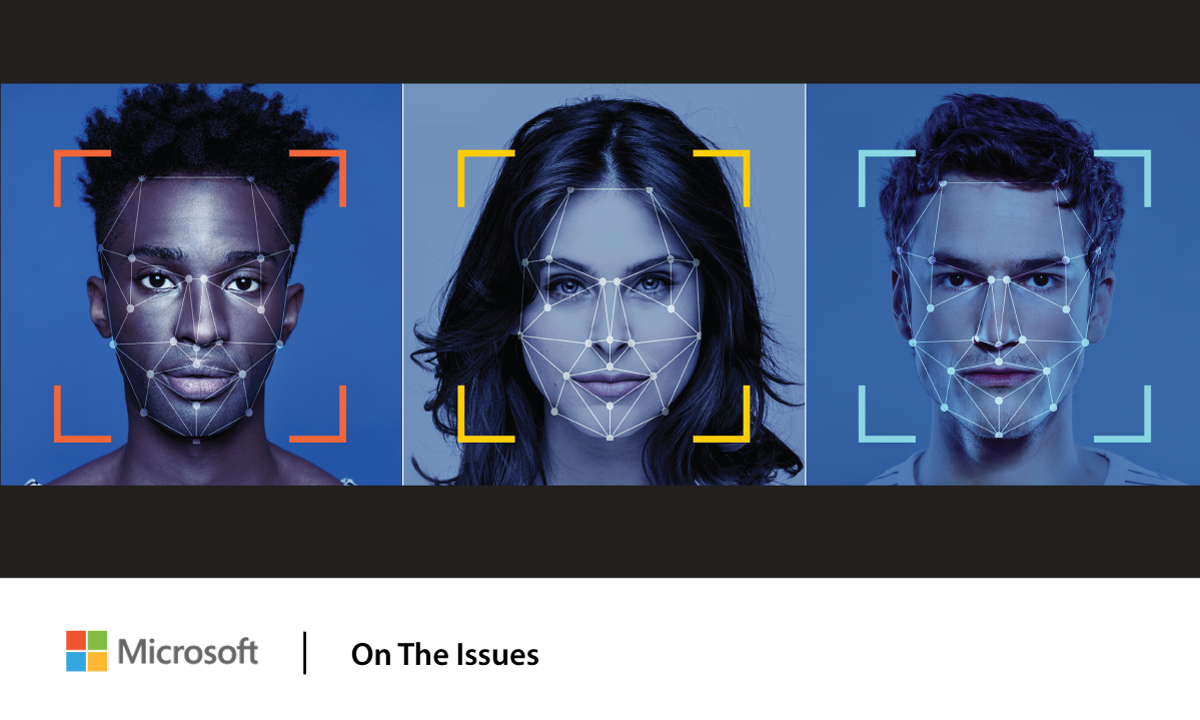Amid the current need to continually focus on the COVID-19 crisis, it is understandably hard to address other important issues. But, on March 31st, Washington Governor Jay Inslee signed landmark facial recognition legislation that the state legislature passed on March 12, less than three weeks, but seemingly an era, ago. Nonetheless, it's worth taking a moment to reflect on the importance of this step. This legislation represents a significant breakthrough – the first time a state or nation has passed a new law devoted exclusively to putting guardrails in place for the use of facial recognition technology.
For more on Washington's privacy legislation, visit Microsoft On The Issues.
